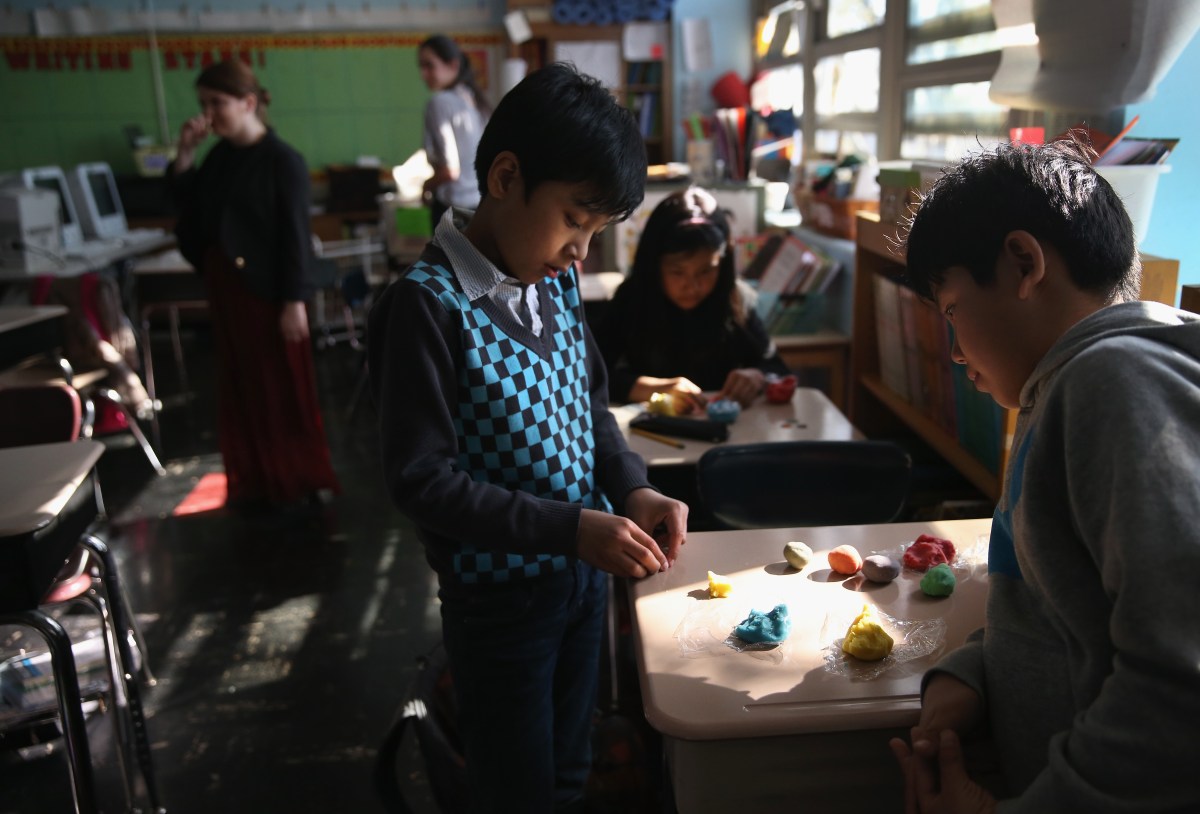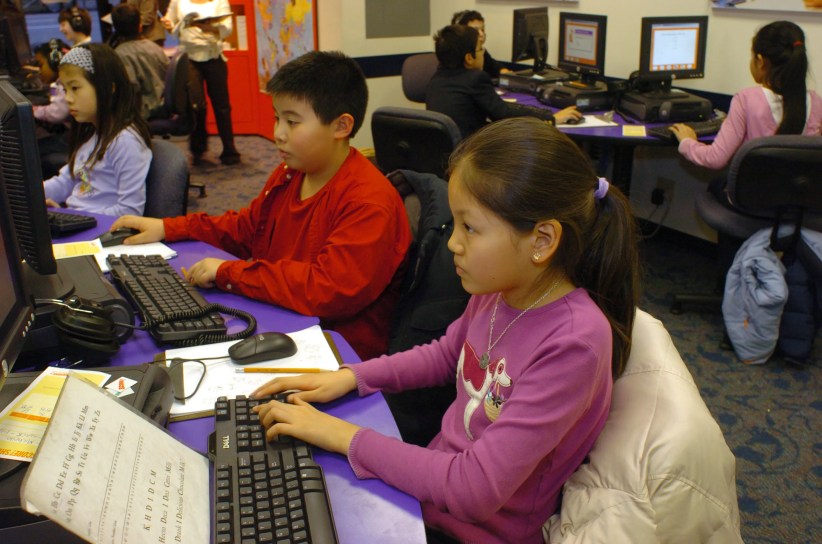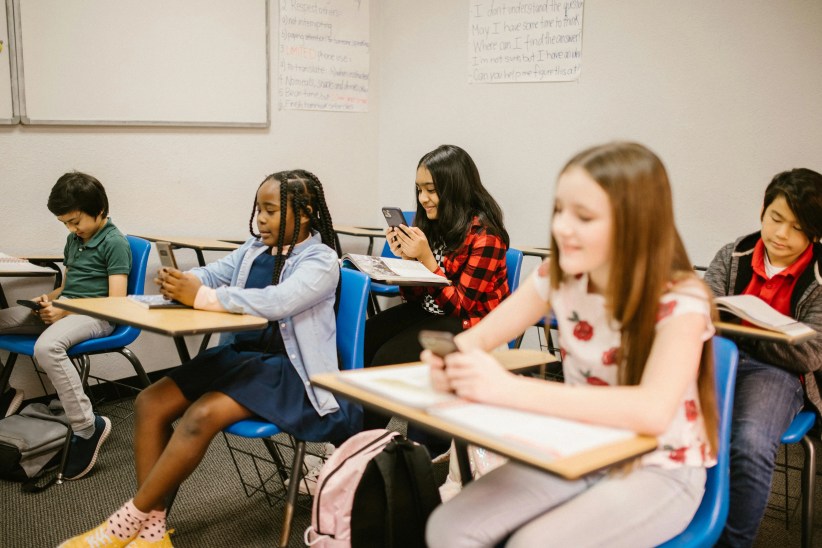
Your child feels anxious, complains of “headaches” or “stomach aches,” or downright says he hates school. Many kids experience these issues at some point in their academic careers; rather than downplaying these complaints or even giving in, try to truly understand why your child may be feeling this way. For many kids, academic or attentional challenges (or a combination of both) can often be the culprit.
Academic
Some kids naturally grasp reading and basic math skills with ease. Yet others struggle to learn these concepts, lose confidence in their abilities, and slowly begin to dislike school. If you notice your child struggling with a concept at school, start by trying to help him at home–and make it fun! If your child, for instance, is struggling to grasp the names of letters and their corresponding sounds, try creating colorful flashcards by writing the letter on the front with a black marker and drawing a colorful key picture on the back (like p/pizza, t/table, a/apple, etc). Practice telling him the name of the letter, key picture, and sound by showing him your card, then have him retell that sequence back to you.
Once he has grasped the letters and sounds, you can play a reading game with basic words. Try making a Tic-Tac-Toe board with different two and three letter words in each space, like: on, at, sit, pet, rug, pot, etc. Play the game like you would “regular” Tic-Tac-Toe but with this version, before drawing an X or O in the space, each player must correctly read the word. Continue to create different game boards with increasingly challenging words as your child progresses.
If you find that, despite working with your child on areas of struggle at home, he’s still struggling in school, discuss the challenges with his teacher. Perhaps he can meet with his teacher before or after school or seek extra support during the day. You may choose to have him evaluated for possible learning challenges, and outside tutoring may be helpful as well.
Attentional
Many kids struggle to sit still at school. They constantly get out of their seat, lose focus, and distract their peers. As a result, teachers may constantly have to discipline them and school begins to become a negative experience for them. Many kids with attentional challenges are very bright but struggle in school simply because they can’t stay focused and on-task.
[gravityform id=”13″ title=”false” description=”false” ajax=”true”]
Try some strategies at home to help your child build stronger attentional skills and stay focused for longer stretches of time. Reward charts often work well. To create one, sit down with your child and come up with a list of rewards she wants to earn–perhaps a Lego set, a new doll, trip to the movies, and so on–then come up with a plan for earning these rewards. Create a checklist with items like: completes classroom work, remains in seat all day, doesn’t make inappropriate noises, completes homework assignments, puts assignments in backpack to be turned in, and turns in homework. Then come up with an “earning plan.” If your child completes each of these items for five days in a row, for instance, she earns the reward. Just be sure to include your child in this process.
For many kids, learning mindfulness tactics can also be very helpful for staying focused at school. Teach your child some basic breathing tactics at a time when she is calm and not triggered. Tell her to take one deep, gentle breath in, then exhale for four counts, while counting out loud 1, 2, 3, 4. Then have her do this cycle again for about three minutes. When she’s in a state of anxiety or has lost focus, encourage her to go back to this breathing pattern and she will notice a real change in her ability to stay focused and on task. There have been many studies on mindfulness that indicate positive effects on the mental health and well-being of children, helping to reduce stress and anxiety, increase self-regulation, and increase compassion and empathy.
For many kids, staying focused and excelling in school can be a real challenge. Yet there are useful tools and strategies you can implement at home to help your child feel more confident and successful, and come to truly enjoy school.
Dr. Emily Levy is the founder of EBL Coaching, a local tutoring program that specializes in one-on-one home and on-site instruction for students in grades pre-K-12. She is also the author of the workbook series Strategies for Study Success and Flags and Stars. To learn more about Emily Levy and EBL Coaching, visit eblcoaching.com!




















